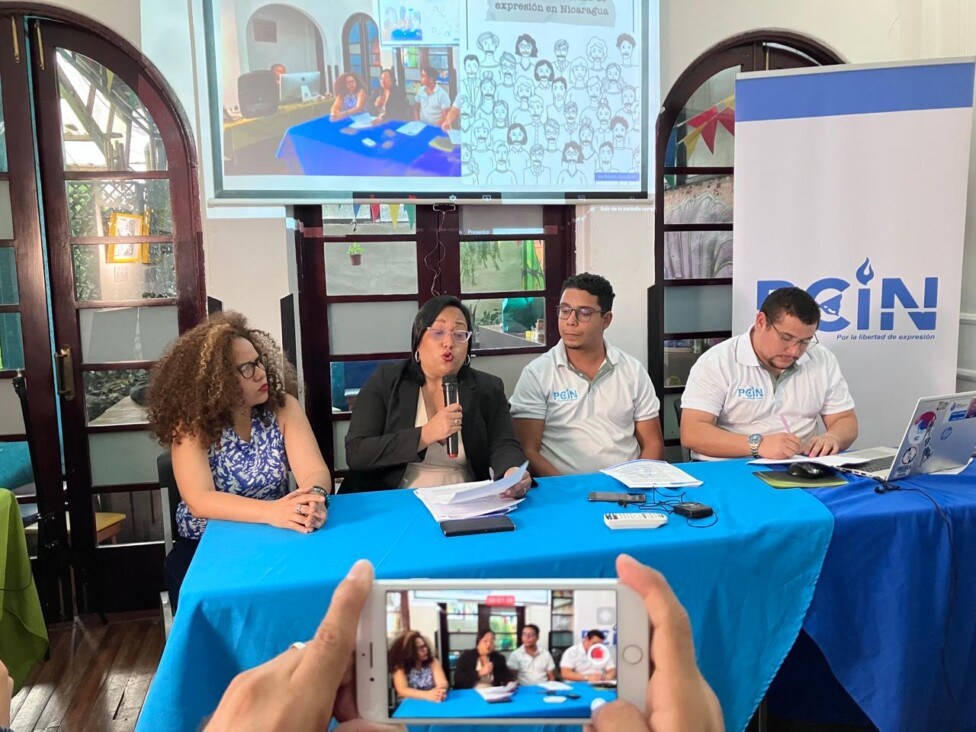
HAVANA TIMES – Nearly six years after the outbreak of the April 2018 protests, there are no signs of the violence that prevailed in Nicaragua during those days. There is no graffiti on the walls or banners with demands or opinions against the Ortega regime that has governed the country since 2007.
There are also no newspapers, opinion programs, radio debates, or television debates; fewer press conferences or public rallies.
The city of Managua, the capital, always looks bustling and active, with markets and shopping centers open at all hours; traffic is usually chaotic, and police patrols roam the streets and avenues all the time.
Every noon, on a radio and television network, the tired and subdued voice of Vice President Rosario Murillo can be heard delivering the news of the regime, social achievements, and propaganda preaching love and praise to God.
The program, without a specific name, is broadcast from Channel 4, historically owned by the Sandinista National Liberation Front, to which other state media are linked. Private media controlled by the presidential family and dozens of radios and social media portals are also linked.
It is an exercise that began in 2007 as “a message from Comrade Rosario, from the Communication and Citizenship Council.”
“Here we are, Valentine’s Day, love, friendship, and for us, love and peace, because it is with love and in peace that we can walk, progress, and build the future of all, that future that is fraternal,” she said on February 13.
Murillo has been the vice president of Nicaragua since 2016, appointed by her husband, President Daniel Ortega, the veteran former guerrilla who returned to power in the November 2006 elections and has remained there ever since.
Murillo is also the regime’s spokesperson and the only authorized voice, among a population of 6.7 million inhabitants of the Central American country, to speak publicly and freely about anything. No one else.
The state of freedom of expression in Nicaragua is one of the most repressed and mistreated rights, says journalist Abigail Hernández, director of the Galería News platform.
Her opinion is proof of her assertion: she says it from three years of exile and through an encrypted messaging application.

“The media and journalists are a good barometer to measure the quality of freedom of expression,” Hernandez tells IPS.
“When we have less and less access to sources of information, when we are limited from reporting from the streets, unable to take photos or videos freely, unable to do our work within the country, it reveals that there is no freedom of expression,” she explains.
She is part of a generation of 242 journalists who have found themselves forced into exile since the protests of 2018, which began against S


